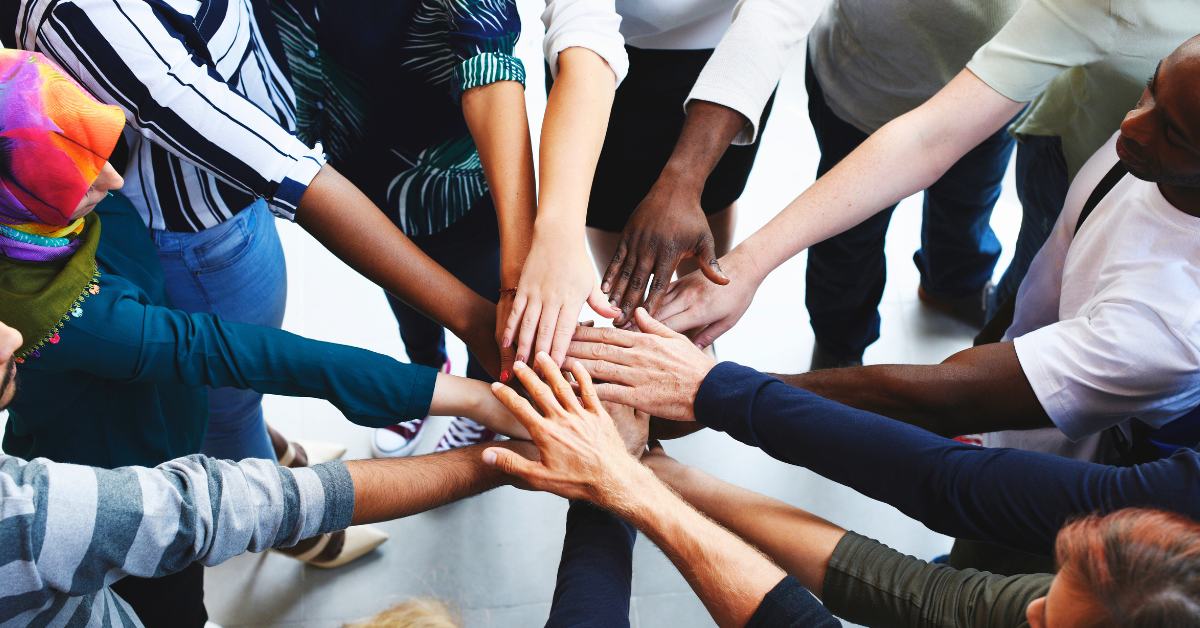By The Materially Better Team
The Materially Better Team believes that seeking healthier building products presents substantial opportunities for addressing social, racial and environmental justice issues. Here is why:
Fenceline Communities
Manufacturing impacts fenceline communities, where typically people are poorer, of color, and disenfranchised. Health care community and social scientists have noted that your zip code is a more accurate predictor of your quality and quantity of life than almost anything else.
Asking for product ingredients (aka transparency) provides the opportunity to advocate for reduced toxicity. This improves indoor and outdoor air quality (as well as soil and water quality), as we remove chemicals from product ingredients that can result in harmful emissions. By avoiding PVC, for example, we are not only addressing the chloroprene and dioxin in the emissions but the exposure manufacturing workers face in the creation of the plastic, the potential exposure to VOCs for building occupants if those products become unstable (typically due to higher temps) and the exposure at the end of life, when these products are burned (more dioxins) or disposed of.
And while the hexavalent chromium used to create desired finishes like shiny chrome furniture legs and faucets might not harm users, it can absolutely impact communities where unintended releases of chromium baths happen, or injure the workers exposed to the toxic baths. When we ask manufacturers for transparency, and we demand labels like C2C Gold (for materials health), Health Product Declarations that omit chemicals of concern (e.g., no Benchmark 1 chemicals) or Declare/Living Product Challenge labels that indicate Red List is avoided, we are sending a powerful signal to the market.
Occupant Health
When we improve indoor environmental quality, we reduce the incidence of asthma and other toxic impacts causing short and long term health problems for building occupants, and for maintenance, cleaning, and other staff. Hospitals and healthcare organizations already recognize the adverse impacts of chemicals to their patients’ wellbeing and recovery, and have created Partners for Healthcare to address them in their procurement. We also know these underlying health conditions make us more vulnerable to disease, like COVID.
Preventing dangerous chemical exposure is an essential step toward improving people’s quality of life and protecting everyone’s health. This begins by asking the right questions and insisting on answers—and voting with our pocketbooks when necessary. Building products are more than building blocks, they represent opportunities to have a positive impact beyond our project boundaries.
Materially Better provides client-focused, high-value green building consulting and services, including sustainable and regenerative building design, renovation and construction.

